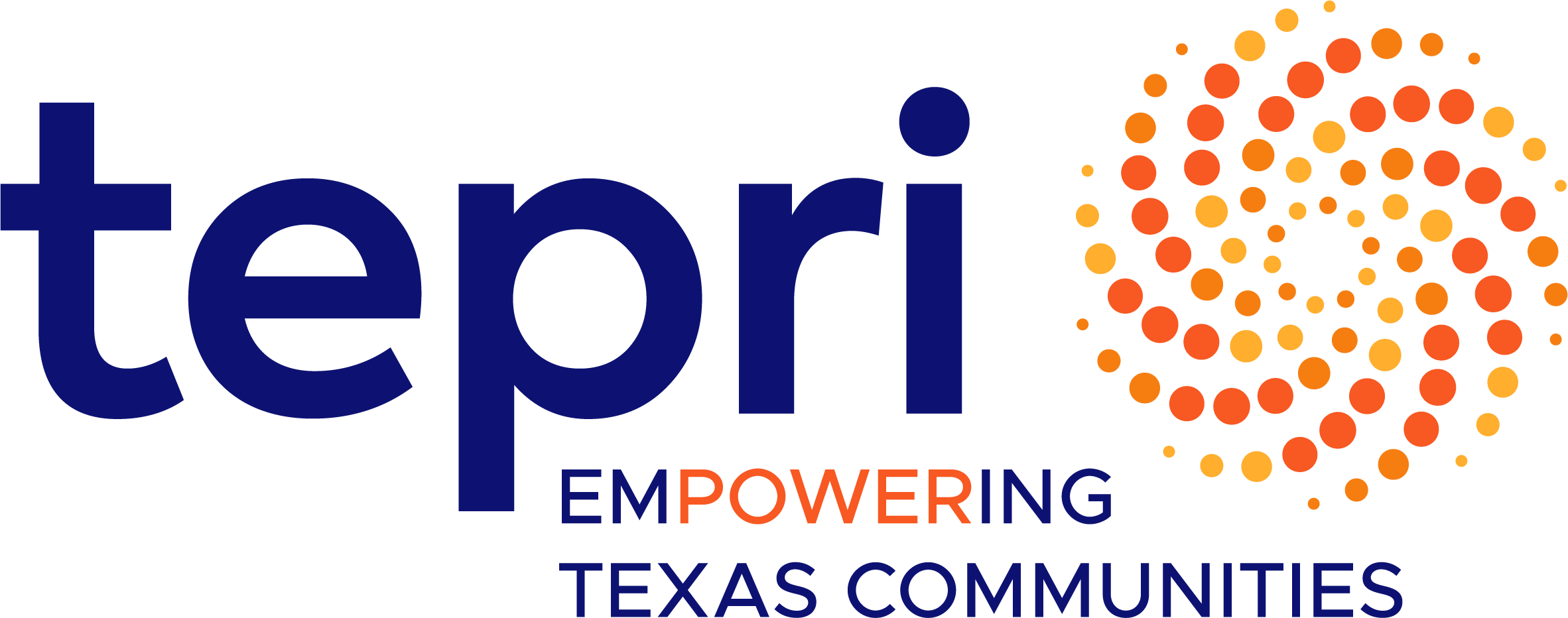
Same Storm, Different Boats
BLOG POST | FEBRUARY 26, 2021
By: Dana Harmon, TEPRI Executive Director
Last week’s storm exposed vulnerabilities in our energy system that most of us considered unimaginable. Many of us, along with our loved ones, experienced first-hand what energy insecurity feels like, and there are collective calls from all sides to figure out what we must do to make sure we never suffer such systemic failure again. While the storm affected us all, it did not affect us all equally. Compounding crises of the last year have made clear time and time again, we are not all in the same boat. Those without access to resources have a harder time weathering outages like we experienced last week. We must recognize and find ways to address disproportionate social impacts in our energy system planning.
Since 2016, TEPRI has studied energy insecurity in Texas. The term energy insecurity means “an inability to adequately meet basic household energy needs.” As an independent research institute with a mission to inspire lasting energy solutions for low-income communities, we believe it is our responsibility to provide evidence-based research to help inform solution development.
We focus on the people and communities who are vulnerable to energy insecurity and collect information about their lived experiences – the disproportionate energy cost burdens, trade-offs to pay utility bills, discomfort and stress related to energy access and affordability, and impacts on health. Because energy consumption is highly dependent on buildings, we study housing and opportunities for weatherization and energy efficiency and energy technology deployment. We look for opportunities for distributed energy resources to address high energy burdens and increase community resilience.
As the analyses and investigations into last week’s energy system failure continue in the coming days and months, we will work to share what we know about energy insecurity from existing research, what the near term data we are collecting on the impacts of this crisis tells us, and what opportunities we see for future research to inform development of a more equitable and resilient energy system.
What we do know.
While we are still investigating and collecting data on the socio-economic impacts of the storm and recovery on low-income communities, we know from our work that people struggling with energy insecurity were already forced to make trade-offs with limited resources, and the pandemic has compounded the struggle. Our research has shown that households facing energy insecurity delay or skip necessary spending on other expenses, such as food or clothing, in order to pay utility bills.
Since the onset of the pandemic, we have been tracking how the economic crisis is deepening energy insecurity. TEPRI ran a survey in mid-October 2020 to find out how people who self-identify as financially strained have been affected by the pandemic from an energy perspective. We see a definite trend in unaffordable electric bills among communities of color, with 49% of respondents who identify as Hispanic and 40% who identify as Black saying that they’re struggling to pay their electricity bills.
Many people struggling with energy insecurity often live in homes that are not properly weatherized and energy inefficient, which also makes them lose heat more quickly in extreme cold like we experienced last week. A recent study we conducted in Harris County, Texas (the Houston area) showed that investments in residential energy efficiency in low-income neighborhoods have the potential to economically achieve parity in energy burden among low-income and non-low-income residents.
Another recent TEPRI survey found that low-income households and people of color had low awareness of the Texas retail electric market. By lacking awareness of the retail electric market, customers are disadvantaged in making informed decisions. Among all respondents, our survey showed there was a low tolerance for power outages, and the principal concern was the loss of air conditioning or heat. Similarly, there was strong interest in any product offering back-up power.
Where do we go from here?
In the coming weeks, TEPRI will collect data to understand bill impacts of the storm on low-income and vulnerable households and how those vary across utility types and rate plans.
As we collectively move into developing solutions to prevent energy system failures like we experienced last week, we must also think holistically about addressing energy insecurity. We need clear, standard metrics for energy equity beyond just spending and savings goals. We need more and better socio-economic data in our energy system planning. We have an opportunity to modernize programs for more holistic energy service delivery to address energy insecurity, and we strongly encourage that solution development includes representation of members of the community for whom it is designed.
The devastation caused by the winter storm on top of the toll of the COVID-19 pandemic have made this work more urgent than ever. While the storm affected us all, it did not affect us all equally. Let’s work together to build a future for Texas where all communities have the resources to weather the storm.

